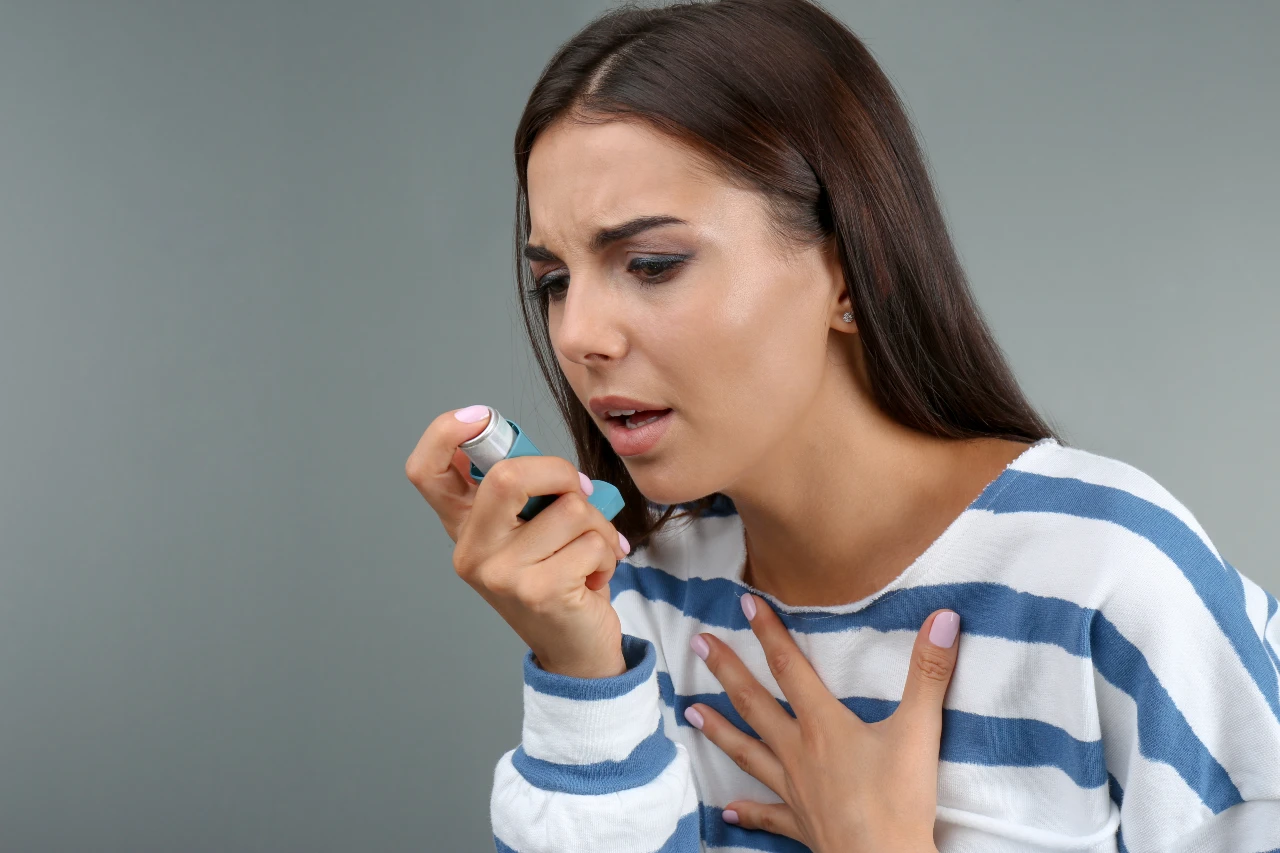We use cookies to help provide you with the best possible online experience.
By using this site, you agree that we may store and access cookies on your device. Cookie policy.
Cookie settings.
Functional Cookies
Functional Cookies are enabled by default at all times so that we can save your preferences for cookie settings and ensure site works and delivers best experience.
3rd Party Cookies
This website uses Google Analytics to collect anonymous information such as the number of visitors to the site, and the most popular pages.
Keeping this cookie enabled helps us to improve our website.
World Asthma Day
World Asthma Day 2025 will take place on 6th May. The event, organised by the Global Initiative for Asthma (GINA), is held every year in May to raise awareness of asthma worldwide.
This year GINA is calling on healthcare professionals globally to ensure that asthma patients can access inhaled medications that are essential both for controlling the underlying disease and treating attacks.
Currently over five million people in the UK are receiving treatment for asthma – 4.3 million adults (1 in 12) and 1.1 million children (1 in 11).
In the majority of cases, asthma can be controlled well most of the time, though some people do experience more persistent problems.
Occasionally, asthma symptoms can get gradually or suddenly worse. This is known as an “asthma attack”, although doctors sometimes use the term “exacerbation”. Severe attacks may require hospital treatment and can be life threatening, although this is unusual.

When to see a GP
If you think that you, or your child, may have asthma, it is advised that you see your GP. Many conditions have similar symptoms, so it is important to get a proper diagnosis and correct treatment.
Symptoms of asthma include:
- wheezing (a whistling sound when breathing)
- breathlessness
- a tight chest – it may feel like a band is tightening around it
- coughing
Many things can cause these symptoms, but they’re more likely to be asthma if they:
- happen often and keep coming back
- are worse at night and early in the morning
- seem to happen in response to an asthma trigger like exercise or an allergy (such as to pollen or animals)
Find out more information about asthma diagnosis
Published: May 6, 2025


